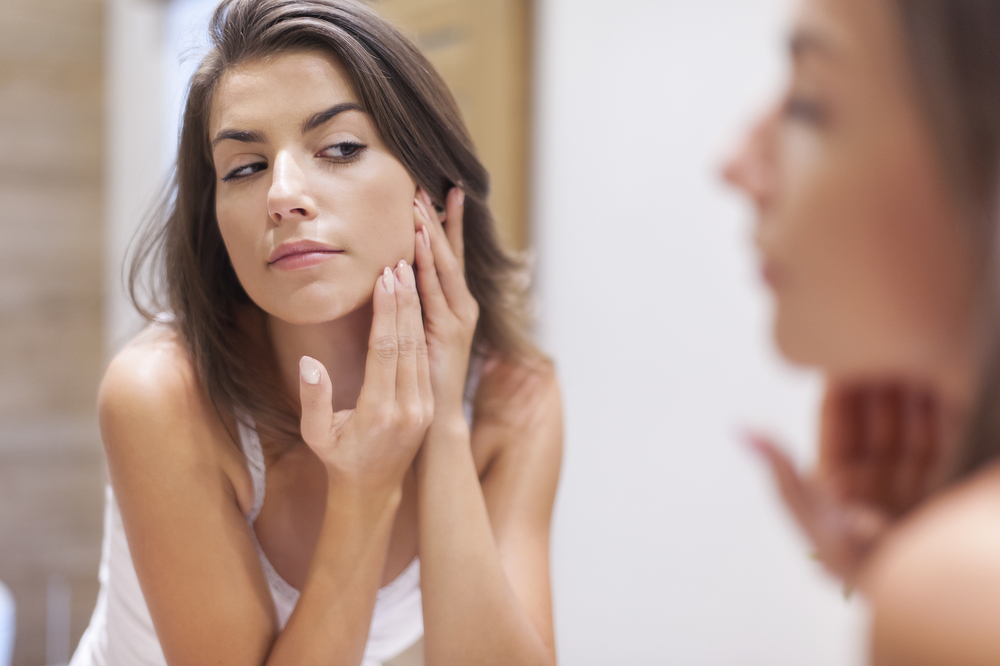How to Prevent Acne Scars: Tips for Beauticians
Acne scars can be a challenging issue for many individuals, and as a beautician, you are at the forefront of helping clients achieve clear, healthy skin. Understanding how to prevent acne scars is crucial in providing effective skincare solutions. In this article, we will delve into strategies and tips that can assist beauticians in guiding their clients towards a scar-free complexion.

The Importance of Prevention
Prevention is often the best cure when it comes to acne scars. By addressing acne at its root and promoting a proper skincare routine, you can help your clients avoid the long-term effects of scarring. A well-structured approach to skincare can significantly reduce the likelihood of scars forming.
Understanding Acne and Scarring
Before exploring prevention methods, it's essential to understand the relationship between acne and scarring. Acne occurs when hair follicles become clogged with oil and dead skin cells, leading to inflammation. When the inflammation penetrates deeply into the skin, it can damage the surrounding tissue, resulting in scars. There are various types of acne scars, including atrophic, hypertrophic, and keloid scars, each requiring different treatment approaches.
Skincare Routine: The First Line of Defense
A personalized skincare routine is the first step in preventing acne scars. Educating your clients on the importance of a consistent and suitable skincare regimen can make a significant difference. You can guide them through the process by recommending products that suit their skin type and address specific concerns. For insights on creating an effective skincare routine, check out this Oprah Daily article.
Gentle Cleansing
Encourage your clients to cleanse their face twice daily with a gentle, non-comedogenic cleanser. This helps remove excess oil, dirt, and impurities without stripping the skin of its natural moisture. For sensitive skin, consider recommending a product like Vanicream. More details can be found in this LIVANA Natural article.
Moisturization and Hydration
Keeping the skin hydrated is essential in maintaining its elasticity and preventing scarring. Advise your clients to use a lightweight, oil-free moisturizer that provides adequate hydration without clogging pores. For clients with combination skin, you can direct them to this skincare routine guide.
The Role of Exfoliation
Exfoliation is a crucial step in preventing acne scars, as it helps remove dead skin cells and promotes skin renewal. However, it's important to caution your clients against over-exfoliation, which can irritate the skin and exacerbate acne. To learn more about the signs of over-exfoliation, refer to this informative article.
Choosing the Right Exfoliant
Recommend exfoliants that are suitable for your client's skin type. For sensitive skin, opt for chemical exfoliants like AHAs and BHAs, which are gentler than physical exfoliants. Ensure your clients use these products no more than two to three times a week to avoid irritation.
Targeted Treatments for Acne
Incorporating targeted treatments into a skincare routine can effectively address active acne and prevent scarring. Ingredients like salicylic acid, benzoyl peroxide, and retinoids are known for their acne-fighting properties.
Retinoids: A Powerful Ally
Retinoids are highly effective in preventing acne scars due to their ability to promote cell turnover and improve skin texture. Educate your clients on the proper use of retinoids, as they can increase sensitivity to sunlight. Suggest applying them at night and using sunscreen during the day.
Professional Treatments and Advice
As a beautician, you might consider offering professional treatments such as chemical peels, microdermabrasion, or laser therapy. These treatments can be effective in reducing the appearance of existing scars and preventing new ones from forming. It's essential to assess each client's skin type and condition before recommending these treatments.
Additionally, staying informed about the latest skincare research and trends is vital. For more in-depth information, you can explore this Time article on skincare routines.
Conclusion
Preventing acne scars requires a proactive approach that combines a tailored skincare routine, targeted treatments, and professional advice. As a beautician, your expertise and guidance can empower clients to achieve healthy, clear skin. By understanding the causes of acne and implementing preventive measures, you can help your clients avoid the long-term effects of scarring and boost their confidence.

FAQ
What are the best products to prevent acne scars?
Products containing retinoids, salicylic acid, and AHAs/BHAs are effective in preventing acne scars. It's important to tailor product recommendations to each client's skin type.
How often should clients exfoliate to prevent acne scars?
Clients should exfoliate two to three times a week using a gentle exfoliant suitable for their skin type. Over-exfoliation can irritate the skin and worsen acne.
Can professional treatments help in preventing acne scars?
Yes, professional treatments like chemical peels and laser therapy can be effective in reducing the appearance of existing scars and preventing new ones. It's essential to assess each client's skin condition before recommending these treatments.
This article contains affiliate links. We may earn a commission at no extra cost to you.

